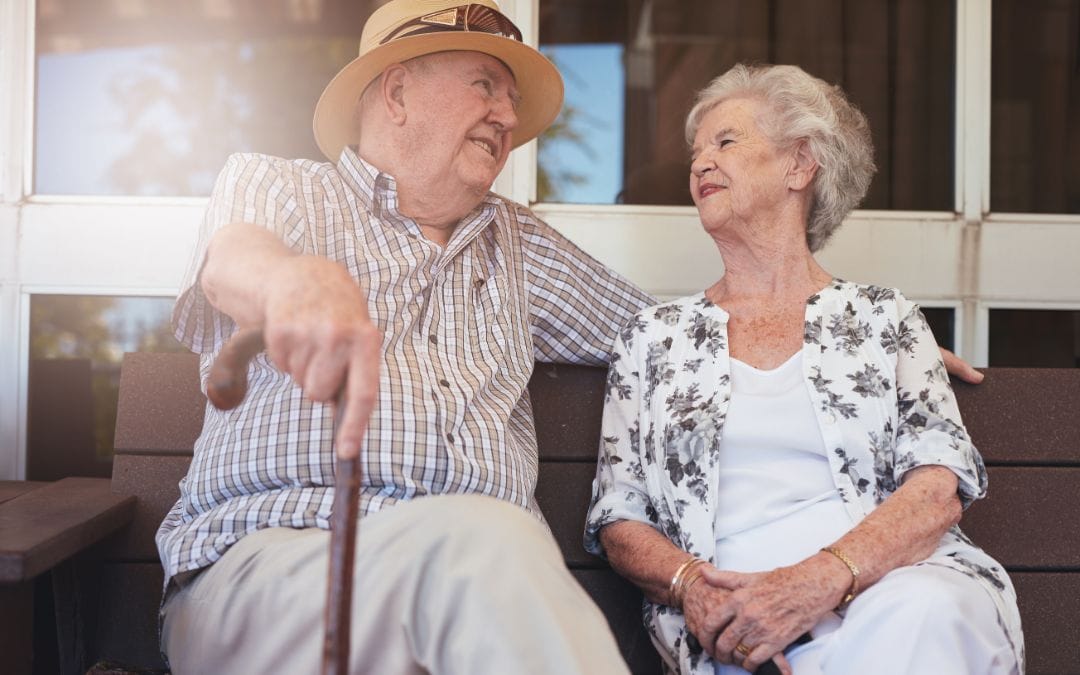If you’ve recently become a caregiver for an aging parent or spouse, it’s important to research and prepare for the new duties of this valuable role. Caregiving responsibilities are often both deeply rewarding and incredibly demanding and may present unexpected challenges along the way. To help prepare for this transition, we’ve collected some of the most common caregiver responsibilities to build into your plan.
General Household
If it becomes difficult for your loved one to perform household-related chores, your day-to-day routine may include some of the following tasks:
- Household cleaning and maintenance: Age-related mobility issues can often limit one’s ability to perform tasks around the home, especially strenuous activities like scrubbing bathrooms, carrying laundry, or sweeping/mopping floors.
- Lawn and plant care: If your loved one’s home has an outdoor yard or garden, plan to care for the environment through consistent watering and maintenance. If the yard is large enough, consider hiring a landscaping service for additional support.
- Running errands: Anticipate adding a few errands to your schedule like grocery shopping, visiting the bank, or dropping off dry-cleaning to accommodate daily needs.
- Managing finances: If your loved one is experiencing the effects of Alzheimer’s Disease or dementia, finance management may become a priority.
- Caring for pets: Any pets that live in the home will need adequate attention, including feeding, grooming, and regular veterinary visits.
Healthcare + Wellness
One of your primary responsibilities as a caregiver is managing and monitoring health and behaviors changes over time. To make sure your loved one is receiving the best treatment possible, you’ll need to take on:
- Making medical appointments. Schedule, plan, and coordinate transportation to doctor or therapy appointments.
- Managing medications. If your loved one requires medications, vitamins, or supplements, monitor usage to ensure correct dosage.
- Orienting or grounding: In the early stages of Dementia, one may suffer from anxiety or disorientation. Help calm them through grounding techniques; learn more in this article. Do not hesitate to reach out for help should you feel overwhelmed.
Personal Care
A nice meal or refreshed hairdo can make a dramatic positive impact on our confidence. It’s no different for your loved one! Personal grooming support is an essential part of your role and will look something like:
- Bathing, grooming, and dressing: When working with limited mobility, you’ll need to help your loved one bathe themselves, brush their teeth, use the restroom, comb their hair or shave.
- Driving: Whether for errands, doctors’ appointments or fun activities, you’ll be responsible for arranging safe transportation to and from the location.
- Preparing food: Meal plans, shopping and food preparation, should all be factored into your care plan. Depending on their specific abilities, you may also need to help feed them.
Remember, Your Caregiver Responsibilities May Change
As your loved one gets older, their abilities and needs evolve, and so will your caregiving responsibilities. Those with Alzheimer’s or dementia may require more intense or robust support. Be mindful of their emotional and physical needs and your own ability to address them.
Above all, approach care with empathy. Your loved one may feel afraid, stressed, confused or potentially even embarrassed over the loss of their independence. If you begin to feel the effects of burnout, remember to build in time for self-care into your schedule. Give yourself the same patience you provide and recognize when you need help.
Contact your nearest Vineyard community if you have questions about caregiving or transitioning into a senior community.

